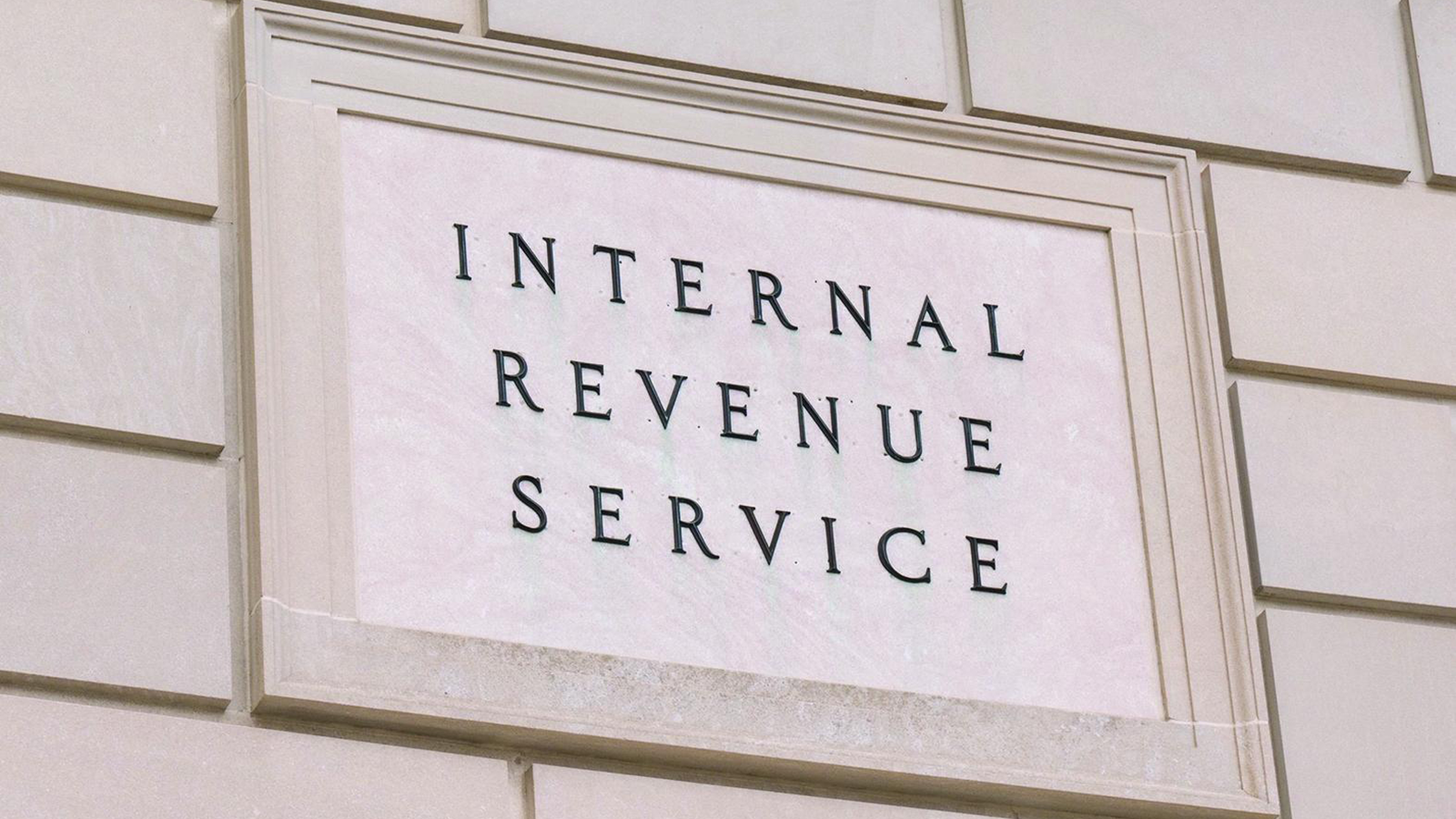Alternatives for IRS Examination of Malta Pension Plans

In the ever-evolving landscape of tax planning, a recent trend has caught the attention of the Internal Revenue Service (IRS) in the United States. High-net-worth individuals, along with their trusted advisors, have turned to a strategy involving personal retirement plans in Malta, with the aim of minimizing, and potentially eradicating, tax liabilities on distributions. These schemes, commonly referred to as Malta pension plans, hinge on a specific interpretation of the US-Malta tax treaty. Although this interpretation hasn’t undergone judicial scrutiny, the IRS has unequivocally rejected it in its clarification of the treaty in December 2021.
These pension plans, shrouded in a degree of legal ambiguity, allow US taxpayers to seamlessly transfer considerable retirement funds and various other assets – including appreciated assets – into a personal retirement plan established in Malta. The allure lies in the fact that this maneuver does not trigger any recognition of gain. Furthermore, the plans offer the twin benefits of deferring tax on income generated within the plan and permitting distributions once the taxpayer reaches the age of 50, all while safeguarding assets from undue taxation.
In essence, the Malta pension plans promise the advantages of a US personal retirement plan but with significantly fewer restrictions. It’s no wonder, then, that these plans have found their way onto the IRS’s annual Dirty Dozen list, which identifies schemes that pose potential risks to taxpayers and the integrity of the tax system.
After years of cautioning taxpayers against the employment of these plans, the IRS’s Criminal Investigation Division (IRS-CI) has initiated investigations into their potential misuse. However, the path towards holding taxpayers and their advisors accountable for any illegal activities presents substantial challenges.
The Hurdles Ahead
While the IRS expresses serious reservations about the tax advantages associated with Malta pension plans, its interpretation of the treaty has yet to be subjected to legal scrutiny. Tax professionals are gearing up to mount a defense of these arrangements, sensing the potential gaps in the IRS’s position.
Acknowledging the complexity and uncertainty surrounding international tax laws, the IRS has refrained from outright condemning all Malta pension plans. This nuanced stance acknowledges that certain scenarios, such as a US individual who has worked abroad and possesses a legitimate non-US pension, may have undertaken the Malta pension plan rollover without harboring any suspect intentions.
The very nature of these plans, involving intricate interplays of tax regulations across multiple jurisdictions, contributes to legal gray areas. Differences in the definition of retirement plans and reporting requirements between countries muddy the waters, making it arduous to discern between exploitative maneuvers and legitimate retirement strategies.
This complexity inadvertently supports the defense that taxpayers were acting in good faith, relying on advice from professionals. This defense could undermine allegations of deliberate misconduct. Even with IRS-CI’s expertise in analyzing intricate financial transactions, establishing criminal intent becomes a formidable task when the Malta pension plan can plausibly be viewed as a legitimate endeavor.
Cross-Border Challenges and Limited Resources
Charging individuals linked to Malta pension plans with criminal offenses brings another set of hurdles, particularly with regard to cross-border investigations. Gaining cooperation from foreign governments for such investigations is far from guaranteed and historically has been inconsistent. Negotiating information sharing protocols and overcoming resistance from overseas government agencies further complicates matters.
Adding to the IRS’s challenges is its ongoing struggle with limited resources, as Congress deliberates on future funding under the Inflation Reduction Act. In this climate, pursuing intricate investigations that demand substantial labor, specialized knowledge, and advanced technology becomes an uphill battle. Despite the tempting prospect of going after high-income tax evaders, garnering broad congressional support for this endeavor remains uncertain.
Moreover, in any criminal prosecution involving Malta pension plans, the government must counter the presumption of legitimacy tied to the tax professionals who recommended these arrangements. Many taxpayers diligently reported their Malta pension plans to the IRS and maintained transparency about their investments.
Merely demonstrating that Malta pension plans offer superior advantages compared to US personal retirement plans won’t be sufficient. The government must establish beyond reasonable doubt that individuals knowingly sought to breach a recognized legal obligation. Notably, many taxpayers might have been unaware of any problematic aspects related to Malta pension plans. For those who were aware, proving intent without concrete evidence presents a formidable challenge.
Exploring an Alternative Approach
Criminal investigations are resource-intensive, and choosing one target often means relinquishing focus on another. The government faces a barrage of leads on clear tax law violations from various sources like the IRS Whistleblower Office, informants, and cooperators. Many of these leads remain unaddressed due to constraints in staffing and budget, compounded by an unexpected skepticism towards whistleblowers.
Amid this backdrop, the IRS should consider a different approach. Instead of the ongoing broad criminal investigation that has led to hundreds of summonses issued to taxpayers and professionals, some of whom might not have engaged with a Malta pension plan, an alternative could be a reasoned settlement initiative. Under this initiative, participants would be encouraged to come forward promptly, rectify any noncompliance, and settle their tax obligations.
Crucially, the IRS would need to resist the urge to levy penalties, especially the severe ones currently applied to certain delinquent international tax forms that could potentially be relevant in this context.
This approach would shift the responsibility for resolutions to the IRS’s Large Business and International Division (LB&I), which is equipped to handle complex international issues through civil enforcement mechanisms. This, in turn, would free up IRS-CI to focus on other criminal cases that present fewer obstacles and more consistent instances of misconduct.
As time unfolds, the IRS’s willingness to adopt such a program will become evident. Drawing from historical patterns, such an alternative approach could prove advantageous for all parties involved.
FAQs:
What are Malta pension plans, and why are they in the IRS’s spotlight?
Malta pension plans involve transferring substantial assets, including retirement funds, into personal retirement plans established in Malta. The attraction lies in potential tax advantages. The IRS is scrutinizing these plans due to concerns over their tax implications and potential misuse.
Why has the IRS’s interpretation of the US-Malta tax treaty faced criticism?
The IRS’s interpretation of the treaty hasn’t undergone judicial review, leading tax professionals to question its validity. Additionally, the IRS’s stance contrasts with its previous rejection of the interpretation in its treaty clarification.
What complexities arise from international tax laws in the context of Malta pension plans?
These plans operate at the intersection of tax regulations from multiple countries, creating legal uncertainties. Different definitions of retirement plans and reporting requirements across borders make distinguishing between legitimate strategies and abuse challenging.
How does the complexity of Malta pension plans impact legal defenses for taxpayers?
The intricate nature of these plans supports the defense that taxpayers acted in good faith based on professional advice. This could weaken allegations of deliberate misconduct, posing challenges to the IRS’s enforcement efforts.
What challenges does the IRS face in pursuing criminal charges against Malta pension plan participants?
Challenges include limited resources, cross-border investigations that require international cooperation, and the need to establish criminal intent beyond a reasonable doubt. Overcoming these obstacles while maintaining a high burden of proof is a complex endeavor for the IRS.
Recommended Posts

Malta’s Business Framework: Tax, Finance
July 3, 2024

Discover Malta’s iGaming Hub
July 3, 2024

Bragg Gaming Expands with Hard Rock Casino
July 3, 2024



